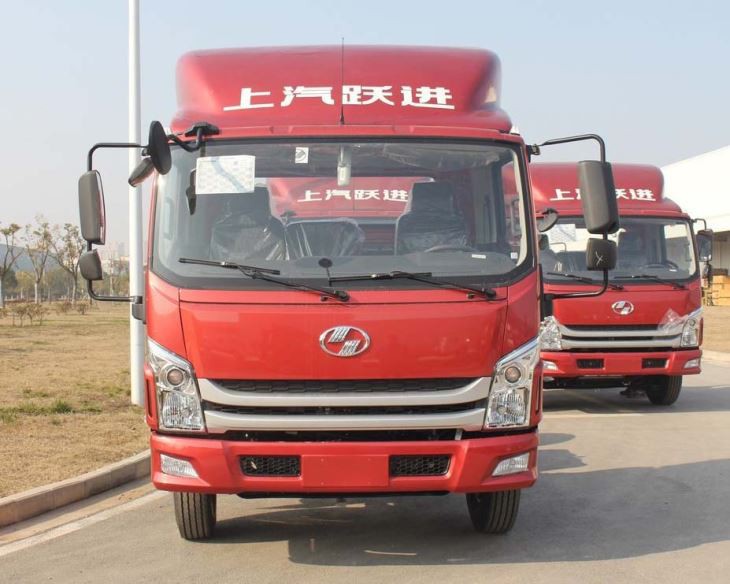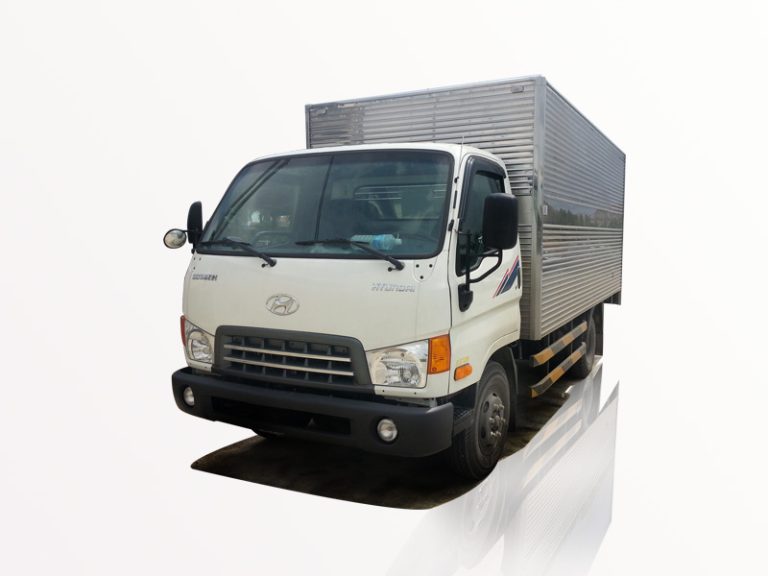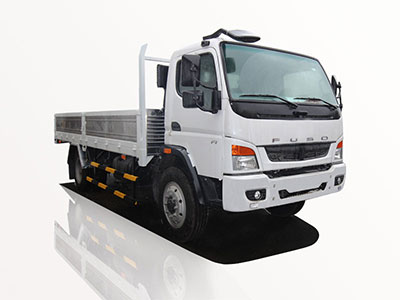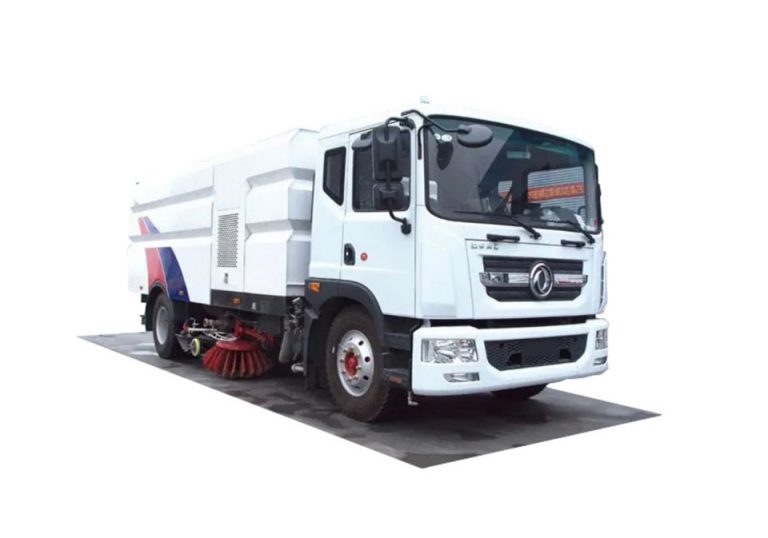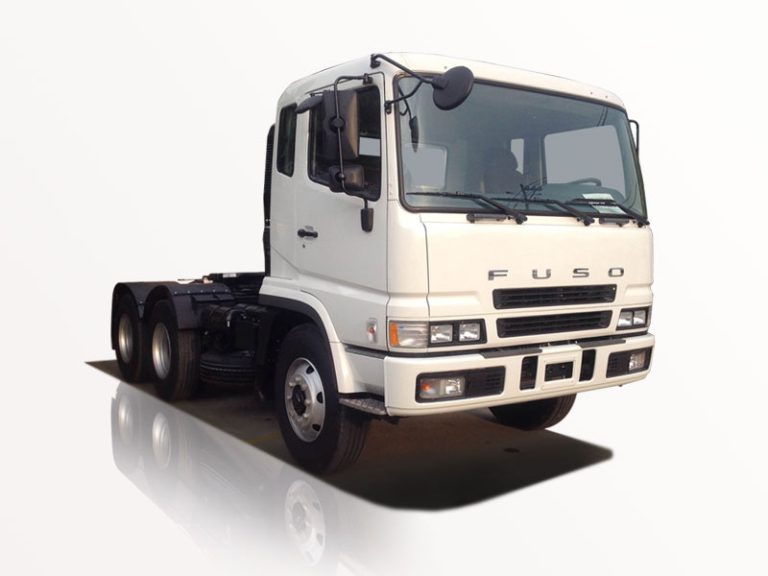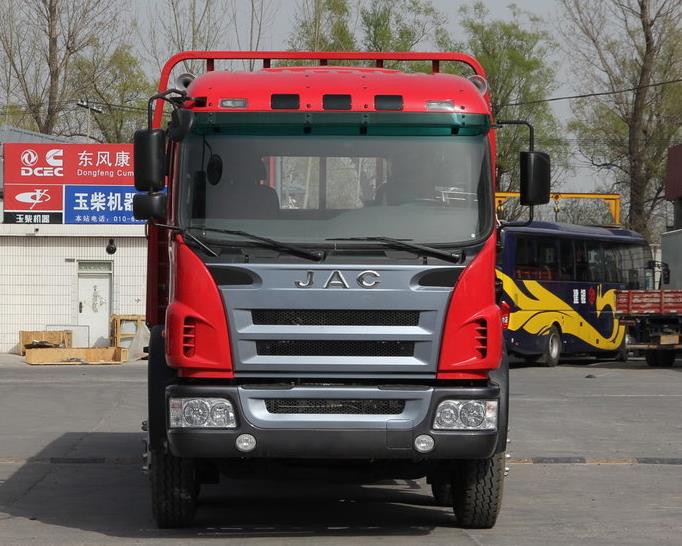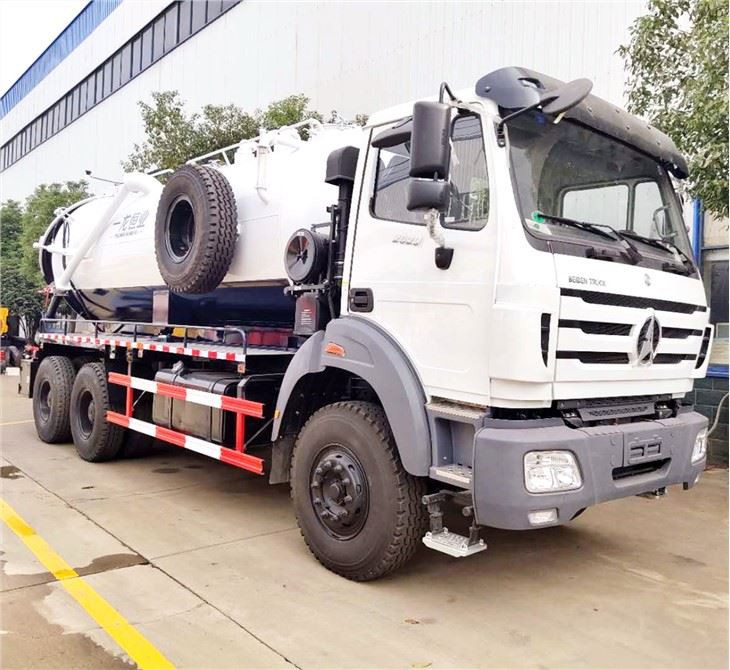The terms “lorry” and “truck” are often used interchangeably; however, they represent distinct concepts depending on the region. In this comprehensive article, we will explore the differences, similarities, and various aspects of lorries and trucks. By the end of this guide, you’ll have a deeper understanding of these vehicles, their uses, and how terminology varies globally.
Table of Contents
- Definition of Lorry and Truck
- Historical Context
- Types of Lorries and Trucks
- Usage Differences
- Regional Terminology: UK vs. USA
- Pros and Cons of Lorries and Trucks
- Features and Technological Advancements
- Safety Considerations
- Buying Guide: Lorry vs. Truck
- Frequently Asked Questions
Definition of Lorry and Truck
A lorry is a large motor vehicle used for transporting goods, commonly referred to as a “truck” in the United States. The definition can vary by region, but a lorry typically refers to a heavier type of vehicle designed primarily for carrying cargo. Trucks, on the other hand, can refer to a range of vehicles from light-duty pickups to heavy-duty freight carriers. This variance brings about discussions around the capacity, purpose, and configurations of these vehicles.
Historical Context
The use of the term “lorry” has its roots in the early 19th century in the United Kingdom. Originally derived from the word “lurry,” it described a vehicle used to transport goods. The concept of trucks emerged from America’s industrial revolution in the early 20th century, featuring different designs and functions tailored to various transportation needs. Understanding this historical background helps clarify how modern terminology evolved and why regional differences exist.
Types of Lorries and Trucks
Lorries
Lorries come in various configurations depending on the cargo they intend to carry. Here are some key types:
- Flatbed Lorries: Ideal for transporting heavy machinery or construction materials.
- Box Lorries: Enclosed cargo areas protect goods from the elements.
- Refrigerated Lorries: Used for transporting perishable goods that require temperature control.
Trucks
Various types of trucks serve different purposes and industries:
- Pickup Trucks: Usually smaller vehicles designed for personal or light commercial use.
- Dump Trucks: Used primarily in construction for transporting loose materials.
- Tank Trucks: Designed to transport liquids, including fuel and chemicals.
Usage Differences
The primary function of lorries versus trucks can often dictate their design. While lorries are more predominant in Europe for heavy cargo, trucks select versatility and are used in various capacities in the American market. For instance, a lorry may be preferred for long-haul logistics in Europe, while flatbed trucks are more common for construction in the United States. Irrespective of the terms, understanding the context of use is essential for identifying the best vehicle for specific needs.
Regional Terminology: UK vs. USA
Understanding the terminological differences between lorries and trucks requires insight into British and American English. Here’s a breakdown:
| UK Terminology | US Terminology |
|---|---|
| Lorry | Truck |
| Articulated Lorry | Semi-Truck or Tractor-Trailer |
| Rigid Lorry | Box Truck |
Pros and Cons of Lorries and Trucks
Pros of Lorries
- Higher carrying capacity for heavy loads.
- Designed for long-distance hauling of freight.
Cons of Lorries
- Typically more challenging to drive due to size.
- Higher fuel consumption compared to lighter vehicles.
Pros of Trucks
- Versatile for various uses from personal to commercial.
- Often more fuel-efficient, especially smaller models.
Cons of Trucks
- Limited cargo capacity compared to lorries.
- Less suitable for heavy, bulk transportation needs.
Features and Technological Advancements
With advancements in technology, both lorries and trucks have seen innovations designed to improve performance, safety, and efficiency. Here are key features observed:
- GPS Navigation: Essential for optimizing routes and reducing delivery times.
- Telematics Systems: Provide real-time monitoring of vehicle health and performance.
- Automated Driving Features: Increasingly common in modern vehicles to assist drivers and improve safety.
Safety Considerations
When operating lorries and trucks, safety is paramount. Here are essential safety measures:
- Regular vehicle maintenance to ensure all systems function correctly.
- Training for drivers to enhance skills, especially for larger lorries.
- Compliance with local regulations regarding weight limits and cargo securement.
Buying Guide: Lorry vs. Truck
When considering purchasing a lorry or truck, several factors play a role in making the right choice:
1. Determine Your Needs
Assess what you’ll be transporting and how far you plan to travel. Heavier goods require a lorry, while lighter cargo may suit a truck.
2. Check Fuel Efficiency
Consider vehicles’ fuel efficiency. Lorries may consume more fuel compared to smaller trucks.
3. Budget
Consider the upfront costs and the expected maintenance fees. Trucks may offer a broader range depending on size and use.
4. New vs. Used
Decide if you want to buy new for the latest features or used for cost savings. Both options come with advantages and disadvantages.
Frequently Asked Questions
1. Are lorries and trucks the same thing?
Not exactly; while they serve similar purposes, the terms are used differently across regions, with “lorry” common in the UK and “truck” in the US.
2. What is the primary purpose of a lorry?
Lorries are primarily used for transporting large quantities of goods, usually over long distances.
3. Can trucks be used for heavy loads?
Yes, certain types of trucks, especially those designed for heavy-duty applications, can carry significant loads. However, they may not match a lorry’s capacity.
4. What safety features should I look for in a lorry or truck?
Look for features such as electronic stability control, advanced braking systems, and regular maintenance records.
5. How do I choose between a pickup truck and a box lorry?
Your choice should depend on the type of cargo you need to transport. A pickup truck is best for lighter loads and personal use, while a box lorry is more suited for heavy or sensitive cargo.
6. Are there any environmental considerations when choosing a lorry or truck?
Yes, fuel efficiency, emissions standards, and alternative energy vehicles should be considered to minimize environmental impact.
